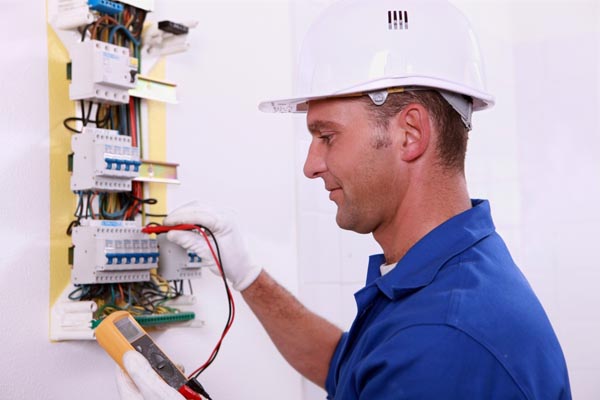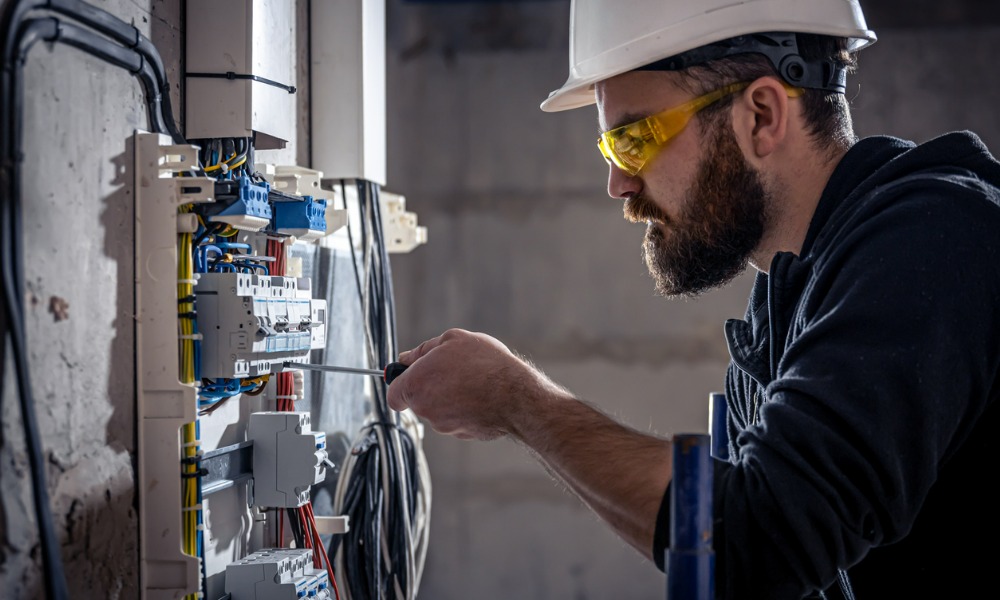When purchasing a home, potential buyers often focus on aesthetics, location, and structural soundness. However, the home’s electrical system is one of the most critical factors that can impact safety, efficiency, and future repair costs. Ensuring that the electrical system is up to code and capable of supporting your modern electrical needs is essential. Below are some key electrical factors to consider when buying a home.
Age and Condition of the Electrical Wiring
The age of the electrical wiring is one of the most important factors to assess when buying a home. Homes built before the 1960s often have outdated wiring systems that can pose safety hazards. Older homes may have knob-and-tube or aluminum wiring, which can increase the risk of electrical fires. Even though many homes have been updated over the years, it’s crucial to ensure that the wiring meets current safety standards.
Additionally, aging wiring may not support modern-day electrical demands. With an increasing number of appliances, devices, and smart home systems, older wiring might not provide enough capacity. Having an electrician inspect the wiring can reveal whether it needs to be replaced or updated to prevent overloading circuits and ensuring safety.
Electrical Panel Capacity
The electrical panel, also known as the breaker box, is the heart of a home’s electrical system. The capacity of the electrical panel determines how much electricity can safely flow throughout the home. Modern homes typically require panels with 200-amp service to support today’s energy needs, including high-demand appliances such as air conditioners, electric stoves, and home entertainment systems.
Older homes might have electrical panels with only 100-amp or even 60-amp service, which can be insufficient for a modern lifestyle. Additionally, some older breaker boxes from brands like Federal Pacific or Zinsco are known to have safety issues, including failing to trip during a power surge, leading to potential fire hazards. Ensure the panel is up-to-date and capable of handling your energy consumption. It’s important to get a license electrician in your local area to do this type of upgrade.

Presence of Ground Fault Circuit Interrupters (GFCIs)
Ground Fault Circuit Interrupters (GFCIs) are essential safety features in any home, especially in areas where water is present, such as kitchens, bathrooms, and outdoor spaces. These devices are designed to protect you from electrical shock by shutting off power when they detect an imbalance in the electrical current.
Modern electrical codes require GFCIs in all wet areas, but older homes may not have them installed. As you consider buying a home, check whether GFCIs are installed where required. If they are absent, upgrading the electrical system to include GFCIs will improve safety and ensure the home meets modern code requirements.
Adequate Number of Outlets and Their Condition
The number and condition of electrical outlets in a home are often overlooked but crucial factors to consider. Older homes tend to have fewer outlets, which can lead to the overuse of power strips and extension cords, increasing the risk of electrical fires. Modern homes should have sufficient outlets in every room, ideally with at least two outlets per room and additional outlets for kitchens, bathrooms, and home offices.
In addition to the quantity, it’s also essential to check the condition of the outlets. Outlets that feel loose, make buzzing sounds, or have scorch marks around them may indicate wiring issues. You may also want to look for tamper-resistant outlets, especially if you have children, as these outlets provide an added layer of safety.
Energy Efficiency of the Electrical System
Energy efficiency is becoming an increasingly important consideration for homeowners, as it can directly impact monthly utility bills and the overall environmental footprint. An outdated electrical system or wiring can lead to energy wastage and higher electricity bills. When buying a home, ask if the current electrical system supports energy-efficient features such as LED lighting, energy-efficient appliances, and smart home systems.
Additionally, homes with older electrical systems may not be equipped to handle renewable energy solutions, such as solar panels or electric vehicle (EV) chargers. If you plan to integrate these energy-efficient upgrades, ensure the home’s electrical infrastructure is prepared to support them without costly rewiring or electrical panel upgrades.
Location and Condition of the Electrical Meter
The electrical meter is typically located on the exterior of the home and measures the amount of electricity used by the household. While it may not be the first thing on a buyer’s checklist, inspecting the condition and location of the electrical meter can reveal important information.
Meters in poor condition or those that show signs of damage may need to be replaced or updated, which could lead to additional costs after purchasing the home. Additionally, the placement of the meter is crucial, as it should be easily accessible for both the homeowner and utility companies. If it is located in a hard-to-reach or obstructed area, it could create issues down the road.
Compliance with Local Building Codes
Before purchasing any home, it’s essential to ensure that the electrical system complies with local building codes and regulations. Building codes vary by state and municipality, and homes that don’t meet these standards can pose safety risks and lead to expensive fines or repairs.
Electrical systems in older homes may not be up to code due to outdated wiring, lack of GFCIs, or insufficient electrical panel capacity. Hire a licensed electrician to perform a thorough inspection of the home’s electrical system to confirm compliance with modern codes and to identify any potential issues that could affect the home’s value or safety.
Future Electrical Needs and Expansion
When buying a home, it’s important to think about future electrical needs and whether the existing system can support expansion. For example, if you plan to add a home office, finish a basement, or install an electric vehicle charger, you’ll need to ensure the electrical system has enough capacity to support these upgrades.
An electrical system that’s already operating at or near capacity may require an upgrade to accommodate additional appliances, lighting, or smart home systems. Consider having an electrician assess whether the home can be easily expanded to meet your future electrical demands without significant upgrades.
Conclusion
If you are in a local area like Ocala, Fl, using a Ocala electrician should be your best bet. Considering the electrical factors when buying a home is crucial to ensuring the property is safe, efficient, and future-proof. Pay close attention to the condition of the wiring, electrical panel, outlets, and whether the home meets modern electrical codes. By addressing these issues before making a purchase, you can avoid costly repairs and ensure your home is ready to meet your electrical needs.

